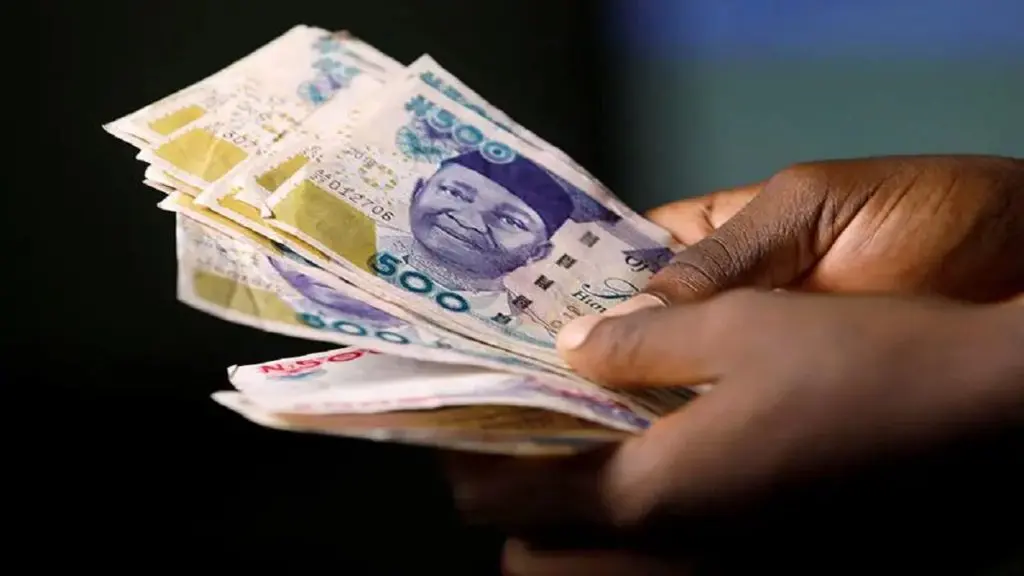Nigeria’s Communications and Digital Economy sector has experienced unprecedented growth under President Bola Tinubu, with foreign direct investment (FDI) reaching $191 million in the first quarter of 2024. This remarkable increase represents a ninefold jump from the $22 million recorded in the same period in 2023. According to Dr. Bosun Tijani, Minister of Communications, Innovation, and Digital Economy, this surge in investment is a testament to the sector’s robust workforce development and the government’s efforts to create a conducive environment for innovation.
The 3 Million Technical Talent (3MTT) program, launched in October 2023, has already trained over 117,000 Nigerians in digital skills, exceeding its initial target of 30,000. With an additional 35,000 individuals currently in training, the program is on track to reach 10% of its goal of three million by the end of the administration’s term. This initiative is expected to have a significant impact on the country’s digital economy, as a tech-savvy workforce is crucial for driving growth and innovation.
In terms of connectivity, the government has announced plans to deploy 90,000 kilometers of fiber optic cable nationwide, starting in the fourth quarter of 2025. This $2 billion investment aims to provide affordable, high-quality connectivity to all Nigerians, regardless of location. Increasing connectivity hubs by just 10% could yield a 2.5% increase in GDP growth, highlighting the critical role that digital infrastructure plays in driving economic development.
Nigeria has also made significant strides in artificial intelligence (AI) readiness, ranking among the world’s top 60 countries. The development of a homegrown large language model and the inauguration of the AI Collective platform, supported by leading partners such as Google and Microsoft, demonstrate the country’s commitment to innovation and collaboration in the AI sector.
Furthermore, the ministry has invested ₦300 million in 10 startups using AI and blockchain to enhance agricultural productivity, and has funded 55 academic research projects to explore technology applications in agriculture, healthcare, and education. The Nigeria Startup House in San Francisco, an initiative targeting $5 billion in startup funding, aims to connect local tech firms to global opportunities and government procurement.
The government’s efforts to bridge rural connectivity gaps are also yielding results, with plans to deploy 7,000 telecom towers targeting 98% nationwide coverage. The progress on Right-of-Way issues has been described as a game-changer, with 12 states adopting zero-rated Right-of-Way policies. These initiatives are expected to support the National Broadband Plan’s goal of achieving 90% penetration by 2025, up from 48% in 2024.
The sector’s GDP contribution is projected to rise from 16% to 22%, with the potential to increase economic growth by 3-4%. As Dr. Tijani noted, “Technology allows us to break the gap between governments and the people.” The government’s focus on long-lasting reforms, rather than quick wins, is expected to transform the economy for generations to come.



